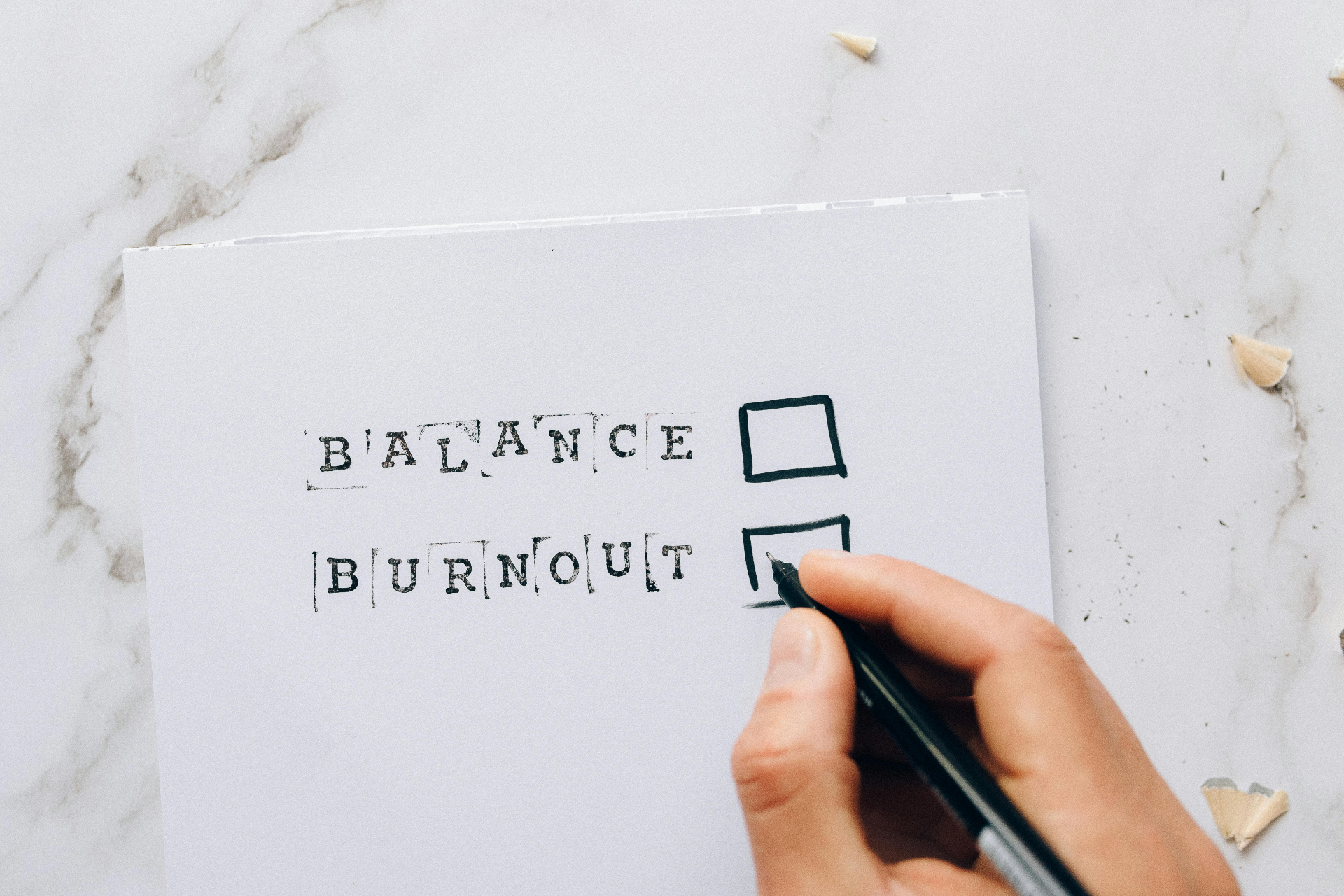Are We in a Burnout Epidemic?

I have been hearing the word “burnout” a lot in sessions lately. Clients are burnt out at work. They are burnt out by media and digital overload. They are burning out on the constant lack of certainty that seems to be the new normal. They are scared of feeling burnt out by parenting and caregiving. They are trying not to feel burnt out by life.
Most of us are familiar with the term burnout, but the exact definition of the word has been distorted in popular culture to an extent that the original meaning has been somewhat lost. Initially, burnout as a concept applied only to the workplace, and it was reserved for a specific phase of professional deterioration that often came right before an employee left an organization, often without notice, and sometimes under very conflict-driven circumstances. Burnout was a state of perpetual exhaustion, chronic indifference, unrelenting stress, and overwhelming cognitive impairment that caused an employee to fail out of the workforce, often after years of decline. The concept of burnout has since been expanded to include caregiving roles and spiritual vocations that are not linked to livelihood or income but still play important roles in the economic and logistical functions of society.
Today, burnout as a concept appears to have been absorbed into the social identity of many of us and is linked to more than just our jobs and our roles as parents, caregivers, or social tenders. “Burnt out” is becoming one more identifier that I hear my client’s using to express a fatigue and a weariness that goes beyond “tired”, “detached”, “exhausted”, or “overwhelmed”. It speaks to a mental, emotional, spiritual, and psychological exhaustion that is taking hold in many areas of life.
Burnout, by definition, has always been distinct from depression. The latter was classified as a mental health condition, while the former was conceptualized as a state of impaired functioning due to external factors in the workplace. Burnout can be a precursor to or a contributing factor towards depression, but it is not the same thing as clinical depression. This raises the question of whether we are starting to use “burnt out” as a substitute for “clinically depressed”.
According to recent employment data, a lot of us are working well beyond a traditional 40-hour week. Twenty-three percent of U.S. employees work overtime weekly, with 16.5% working more than 48 hours a week consistently. Recent data indicates that 34% of full-time workers have some type of side hustle, while the Bureau of Labor Statistics just released numbers reporting that 5% of full-time employees in the U.S. have a second part-time job. Unpaid labor outside of work is just as common, with 17% of full-time employees serving as uncompensated caregivers for family members who are elderly, ill, or have a disability. Forty percent of full-time employees also provide care for children under the age of 18.
On average, workers in the U.S. spend 50 minutes a day commuting to work, which becomes exponentially longer for those with more than one job. Caregivers devote about 26 hours a week to the needs of family members, including cleaning, cooking, paying bills, making and attending medical appointments, and providing transportation. Parents spend on average, 13.5 hours per week engaged in childcare activities with their children present and under their direct supervision.
In addition to all this, one-third of full-time employees in America over the age of 25 also attend college full-time. Approximately 40% of part-time undergraduates have a full-time job. Over 70% of full-time college students are employed in some capacity.
It is a lot of data indicating that we are all working, studying, caregiving, parenting, commuting, and just doing a lot. No wonder the word “burnout” is becoming more common with my clients. Putting a word to that feeling of exhaustion, overwhelm, indecision, and lack of coherent focus is important. It is the first step in addressing the problem. If you are feeling “burnt out”, as opposed to “depressed”, then that is an important distinction to make, both for yourself and your recovery. Clinical Depression and burnout have overlap, but the approach will differ, and your treatment providers will need to know the distinction in order to properly help you. If “burnt out” is the terminology that resonates with you, then use it.
Written by Deanna Diamond, LPC
To schedule an appt with Deanna, click the link here!

